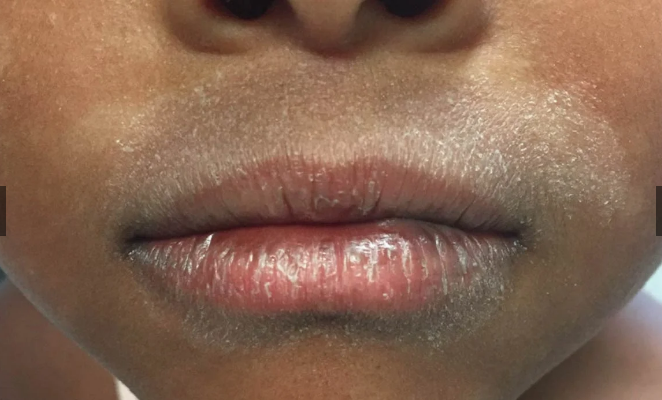The term ‘eczema’ is used to describe a condition that causes the skin to get dry, inflamed, irritated, and, sometimes, itchy.
There are several types of eczema, however, the one common to most people is Atopic Dermatitis, which causes the skin to get inflamed with fluid that could even run free if scratched or broken. Unfortunately, though, this type of eczema is considered to be the worst type or most chronic form of eczema.
Causes of eczema
While a large section of the medical world still believes that the specific cause of eczema is still yet to be discovered, the following are some factors that are said to be possible causes:
• Immune system: Eczema outbreak on your skin might be a result of your immune system deploying your natural defense mechanism in response to contact with environmental allergens or irritants. The body mistakes these irritants for disease-causing agents like viruses, fungi, and bacteria and launches an attacking defense against them. Inflammation is believed to be one of the ways the immune system defends the body, which results in an evident reaction on the skin.
• Genes: Having a history of eczema in one’s lineage, either on one side or both – also increase one’s risk of having eczema. Having a family history of asthma and hay fever is also said to be a possible cause.
• Irritation: Factors like the environment, cosmetics, and the clothes we put on can also cause eczema. Exposing the skin to smoke, dust, radiation, harsh weather conditions, wool fabrics, dirty clothing and some brands of soaps and skin care products can spark reactions like sweating or itching, acting as a trigger.
• Emotional factors: Poor mental health conditions like depression, stress, and anxiety can also put one at an increased risk of having an eczema outbreak.
Symptoms of eczema
The following are some of the symptoms, generally associated with eczema:
• Itching
• Light inflammation
• Dry, roughish patches on the skin
• Change in color of the skin of affected areas
• Peeling off of top layer of skin
• Rashes
Home remedies
The following are some home remedies that can help to fight eczema outbreaks. These remedies have been proved to be effective by tons of people over the years and are worth the try.
Coconut oil

Coconut oil has proven to be a very good source of natural moisturizer for the body. Its rich lauric acid content helps in combating bacteria and fungi. It also helps serve as an antioxidant. Coconut oil also helps to strengthen the barriers of the skin which helps prevent inflammation. This makes them a great option for combating eczema.
Honey

Apart from being a proven antibiotic, honey also helps serve as a natural immune booster, thereby fortifying the body against external attacks. Studies abound, in support of its ability to heal wounds and also fight inflammation. Applying raw honey to affected areas on the skin would help moisturize the skin and help the skin heal up faster while also improving the body’s natural defense setup
Aloe vera

Just like coconut oil and honey, aloe vera gel, which is a content of the aloe plant, has been proven to have antibiotic and antimicrobial properties, help boost immunity, and also speed up the healing process of wounds. It has been used by humans over the years for the treatment of a wide range of diseases both internally and externally.
While aloe gel can be used in its natural form by getting the plant and applying the content directly to the affected areas, people can also opt for the processed ones sold in stores. However, it is important to note that processed aloe Vera sold in stores might contain preservatives, colorings, fragrances, and other additives that can further irritate the skin and serve as a trigger.
Apple cider vinegar

ACV can improve eczema by restoring balance to the pH level of the skin. According to studies, atopic dermatitis is caused by an imbalance in the alkaline and acid level of the skin. Taking and adding some of it to your bath water can help rectify that. You can also take advantage of it by using a wet wrap. However, some studies claim that applying ACV on the skin can cause irritations so having a word with your dermatologists before trying this out will probably be the right thing to do.
Conclusion
So much has been pumped into studying and finding out the actual root cause of eczema, yet this remains largely unknown. And even though there are lists of possible factors that can cause an outbreak, they are all still subjects of contentions. The above-listed remedies are however proven to be effective in fighting eczema and have been endorsed by myriads of health portals and authorities. Seeking the advice of a dermatologist before taking a leap would, however, be an expedient line of action.


